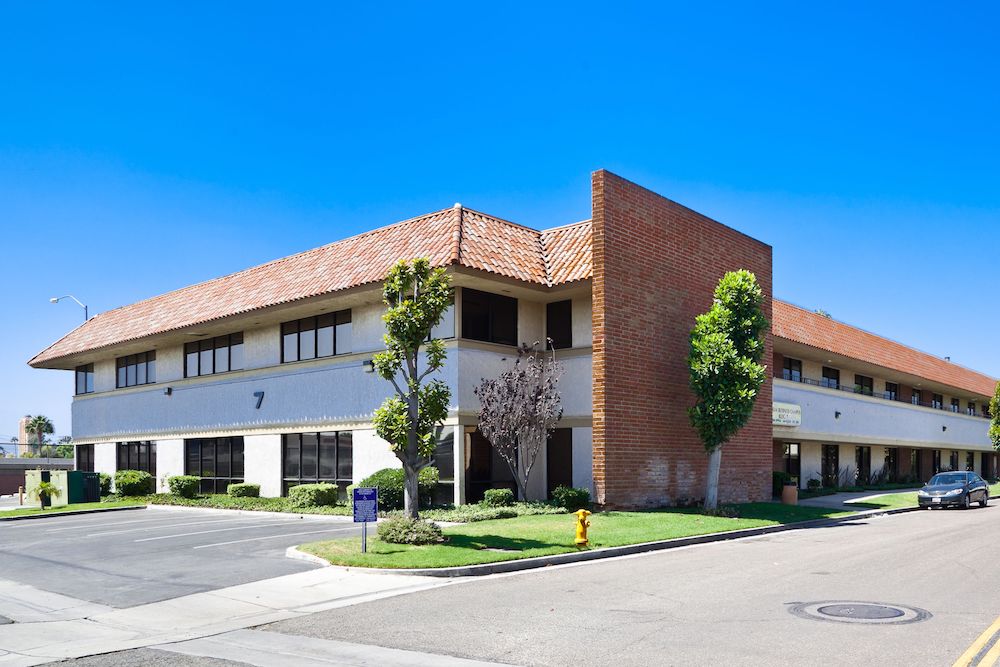In our last post, we started our evaluation of the tax proposals of the Democratic and Republican presidential candidates.
As we mentioned, we refrain from diving into politics as a general rule, but in a few short months, a new president will be sitting at the Resolute Desk and there is a significant chance that the tax code may be changing in a way that impacts commercial real estate. It is with that in mind that we address the respective positions of the two candidates.
We summarized the Democratic candidate’s proposals last week. Here we take a look at a couple of the Republican challenger’s positions. Of note is the fact that we hear more each day on the topic from the campaign trail. So, the entire issue will be a moving target until the new president is inaugurated. Even so, we think it worth the time to stay current. Consider the following proposals from the Republican:
- Extending expiring components of the Tax Cuts & Jobs Act of 2017 (TCRA). Since this legislation was passed, owners and occupiers of commercial property have enjoyed numerous benefits, including 100% bonus depreciation on property and leasehold improvements, immediate expensing of R&D expenses that make it easier for growing companies to acquire or lease space, a reduction in annual income taxes for so-called pass through entities and an increase in the estate tax threshold that substantially reduced the tax burden for decedents and their heirs.
All of these provisions encourage owners to make capital investments in their properties to make them more efficient and attractive to potential tenants. Likewise, tenants who make needed improvements to their space can immediately write off the entire cost. Also, owner/user buyers can retrofit properties with deferred maintenance and fully expense the entire cost in the year of acquisition. This is particularly important in Southern California where most of its aging inventory was built in the 1970’s and 1980’s.

Unfortunately, all these provisions, among others related to marginal income tax rates, will expire on December 31, 2025, and unless otherwise extended by Congress and the new president, it would likely lower industrial sale and lease activity from already sluggish levels.
- Lower Corporate Income Tax Rates. Currently, the corporate income tax rates for C- Corporations tops out at 21%, down from 35% before the TCRA was passed. The Republican challenger would push to reduce that to 20%, but would lower it to just 15% for income that is generated from services and products produced domestically. Clearly, this is meant to create and retain jobs for American workers, but when the global nature of the supply chain is considered, it may be very difficult to implement such a change in policy. It is likely that many successful companies will be simply unable to meet the criteria to get the reduction in rate, which may disrupt business activity by tilting the playing field. Generally speaking, such disruptions tend to negatively impact the need for space.
- Impose new tariffs on imported goods from China. The idea of tariffs is hotly debated by economists of all political persuasions. They are at best, controversial, but many experts agree that when used appropriately they encourage fair dealing by all trading partners. The Republican challenger is proposing heavy tariffs on all goods coming from China, as he believes the government there is over-subsidizing industries there to gain an unfair advantage on American companies. There is no doubt that is true, but there is some question of the veracity of tariffs as a solution to the problem because increasing tariffs on China is likely to result in retaliatory tariffs on American imports to China. This could rekindle the fire of inflation that seems now to finally be coming under control. Also, Southern California is the biggest gateway to the importation of goods from China. Thus, it would likely be disproportionately impacted, especially in the Inland Empire market that is already suffering from a correction due to high levels of new construction coupled with a slowdown in demand for space.
- Across the board tariffs. In addition to specific tariffs on China, the Republican has proposed a 10% tariff on all goods imported the US no matter where they originate. Again, this is to promote domestic production, which, if effective, would increase sale and lease activity. However, it is likely that American exports would be targeted for similar tariffs by our trading partners and the cost of goods could rise accordingly. This could be a catalyst for a new surge in inflation on the heels of a years-long battle by the Fed to get it under control through painful increases in interest rates that are just now beginning to come down. In just the last 8 months, the SBA 504 mortgage rate, widely used in owner/user transactions, has fallen to 5.76% from 7.13%. Further declines are expected in the coming months and could be a much-needed shot in the arm in terms of demand for commercial property. But, if the Fed had to change course to fight a new round of inflation, mortgage rates would head back up again.
Let’s be clear that at least some of what both candidates are proposing could be typical campaign rhetoric, the potential ramifications of which have not been thoroughly vetted. However, we do know with certainty that the above listed components of the TCRA will expire at the end of 2025 unless legislative action is taken. The sun-setting of these provisions are baked into the existing law. Also, if the Republicans don’t keep the majority in the House of Representatives, gain control of the Senate and win the Oval Office, they will indeed sunset.

Though, we have no idea yet how the election will turn out, property owners should be out in front of either candidate’s potential victory and be ready to adjust their investment strategies accordingly. Planning for either eventuality won’t cost a nickel. Not doing so could cost a fortune.
We will keep in touch with the economic platforms of both candidates and update you as we get more information. In the meantime, keep your radar on.


Leave a Reply
You must be logged in to post a comment.